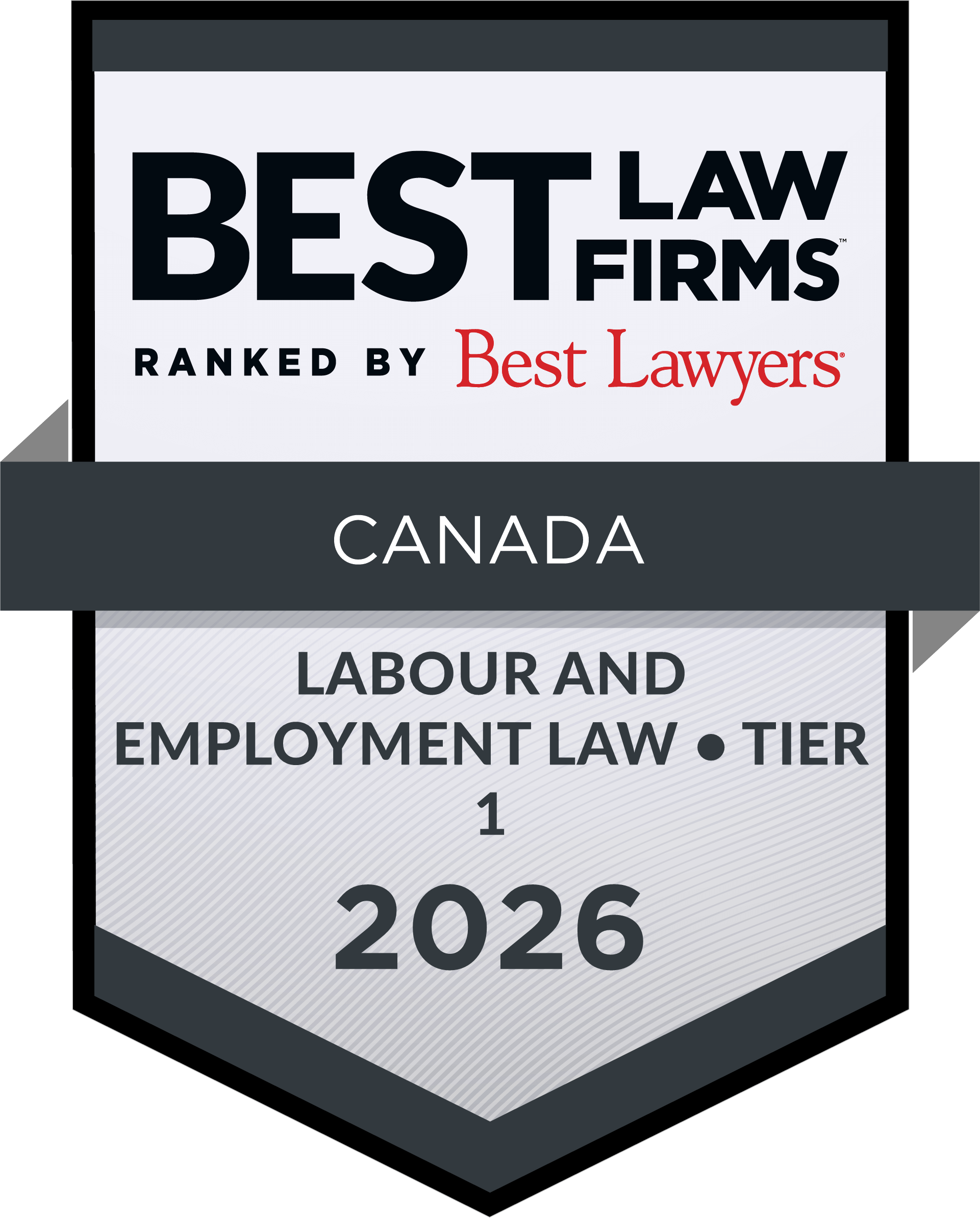Why reply? Reflecting on the significance of reply interviews in a workplace investigation
As a workplace investigator and a team lead for a group of fellow RT investigators, I spend a fair amount of time thinking about reply interviews. Anyone who has conducted an investigation themselves or reviewed an investigator’s report can probably appreciate why: the reply or follow-up interview is a place where the need to balance the fairness, neutrality, thoroughness, and confidentiality of the investigation really comes into focus.




